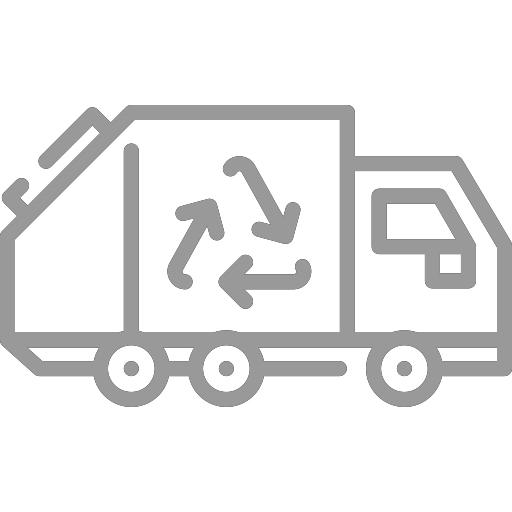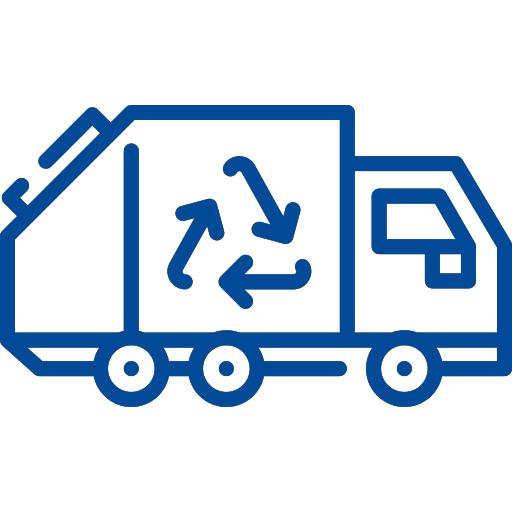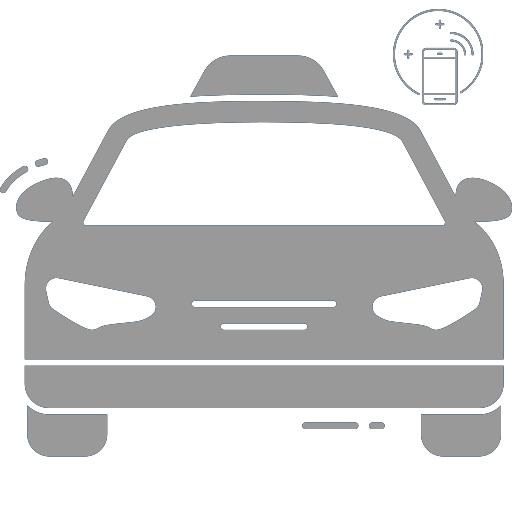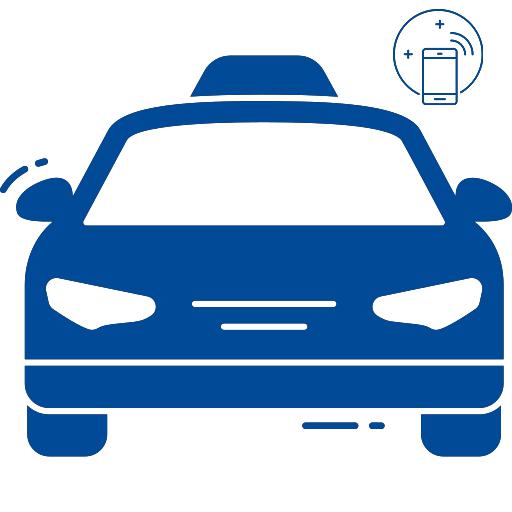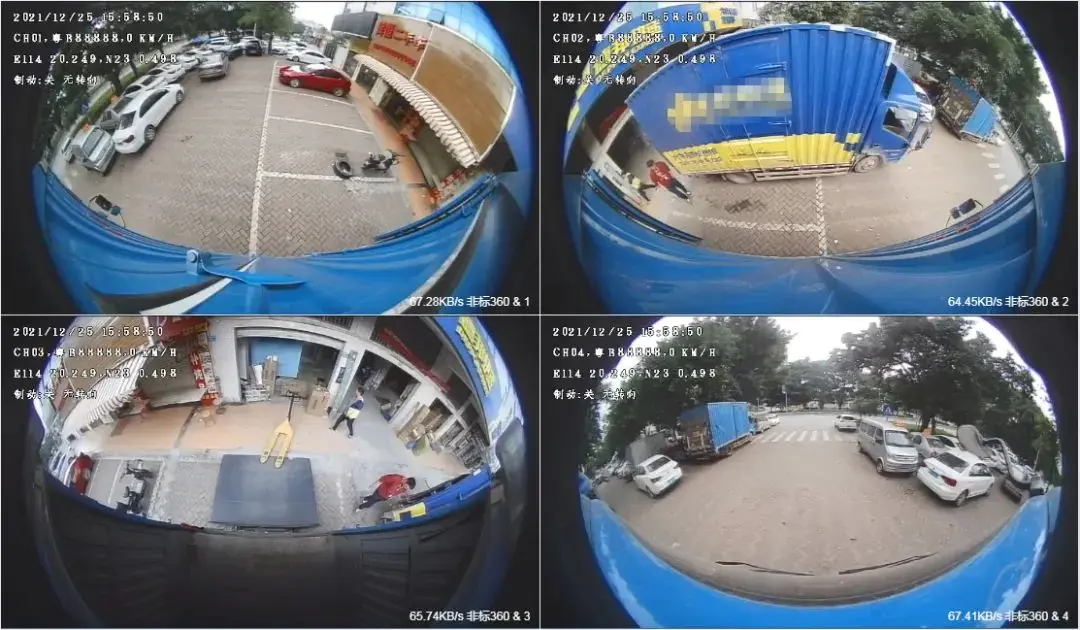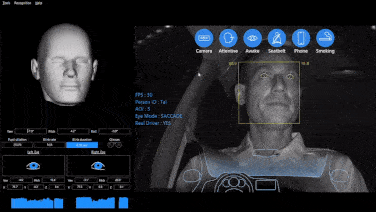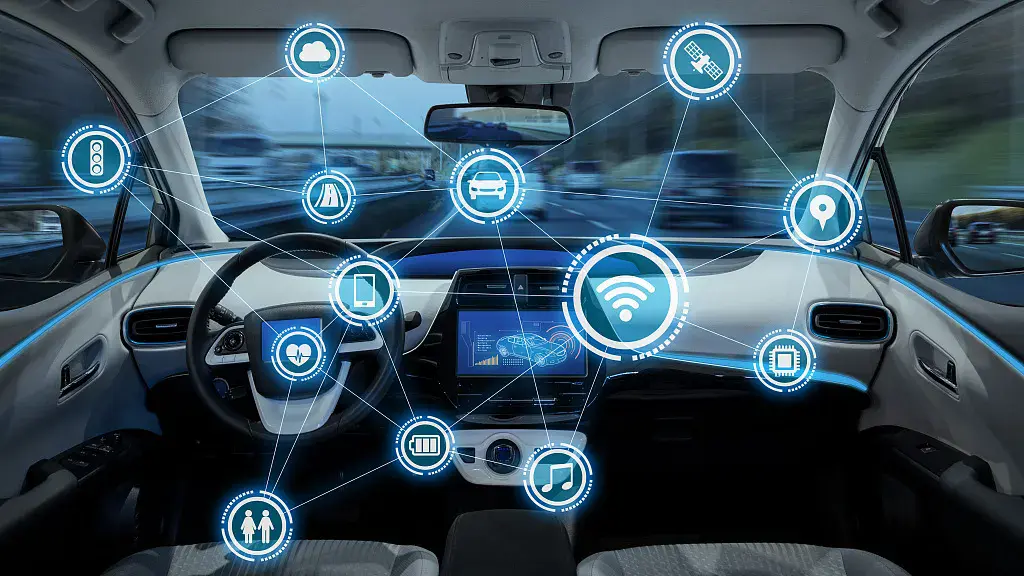Emergency Vehicle Camera Systems
What is an Emergency Vehicle Camera System?
An emergency vehicle camera system is an intelligent monitoring solution specifically designed for special vehicles such as fire trucks, ambulances, and police cars. It builds an all-weather, full-process visual management system through core technologies including 360° panoramic imaging, driver behavior monitoring, and ADAS (Advanced Driver Assistance Systems). This type of system effectively addresses safety challenges in complex road conditions and high-risk operation scenarios, and has become a standard equipment for the digital transformation of modern emergency fleets.
hnweb_
Which Emergency Fleets Need This System?
① Ambulances: Need to avoid sudden road risks during race-against-time golden rescue missions
② Fire trucks: Safety guarantee for navigation in narrow streets and high-rise operations
③ Police vehicles: Situational awareness during night patrols and high-speed pursuits
④ Engineering emergency vehicles: Multi-dimensional monitoring in complex construction environments
⑤
Four Major Pain Points of Traditional Modes
Emergency fleets without professional systems often face:
① Blind spot hazards: Large vehicles are prone to scratches during turns
② Management blind spots: Unable to trace the execution process of emergency tasks
③ Driving risks: Difficulty in real-time early warning for fatigue driving and distracted operations
④ Lack of evidence: Troubles in documenting the handling process of emergencies
Core Advantages of YUWEI's Intelligent Solution
(1) 360° Panoramic View
Adopts 1080P high-definition fisheye lenses + AI image stitching technology to achieve accurate identification of obstacles within 3 meters around the vehicle. It is specially optimized for driving safety in complex rescue scenarios such as underground garages and old communities.
(2) Driver Status Monitoring (DSM)
Real-time captures pupil changes and head posture through infrared cameras. It can detect dangerous behaviors such as closing eyes for more than 3 seconds and using mobile phones, trigger hierarchical audio-visual alarms, and synchronize with the cloud management platform.
(3) ADAS Active Protection
Integrates functions such as FCW (Forward Collision Warning) and LDW (Lane Departure Warning). Cooperates with millimeter-wave radar to achieve full-speed collision prevention protection from 0 to 120km/h, which has been verified to reduce the emergency braking accident rate by 83%.
(4) Panoramic Data Link Management
Supports 4G/5G real-time transmission to the command center. Equipped with a waterproof and dustproof reversing camera (supporting 1080P@30fps recording), it meets the dual data compliance standards of EU GDPR and China's GB7258.
Take the Ambulance Scenario as an Example
When the vehicle is traveling at 80km/h, the system is automatically activated:
① Detects obstacles 200 meters ahead → Triggers FCW warning
② Driver yawns 3 times continuously → DSM initiates voice reminder
③ Vehicle enters community roads → 360° panoramic imaging takes over blind spot monitoring
④ Automatically generates a task report upon arrival at the hospital → Including more than 20 data dimensions such as path trajectory and disposal timeliness
Why Choose YUWEI?
① Supports extreme working conditions from -40℃ to 85℃ with an IP68 waterproof rating
② Provides cloud platform docking solutions
③ Has completed the deployment of over 1,200 emergency vehicles in 32 provinces/municipalities directly under the Central Government in China.

















